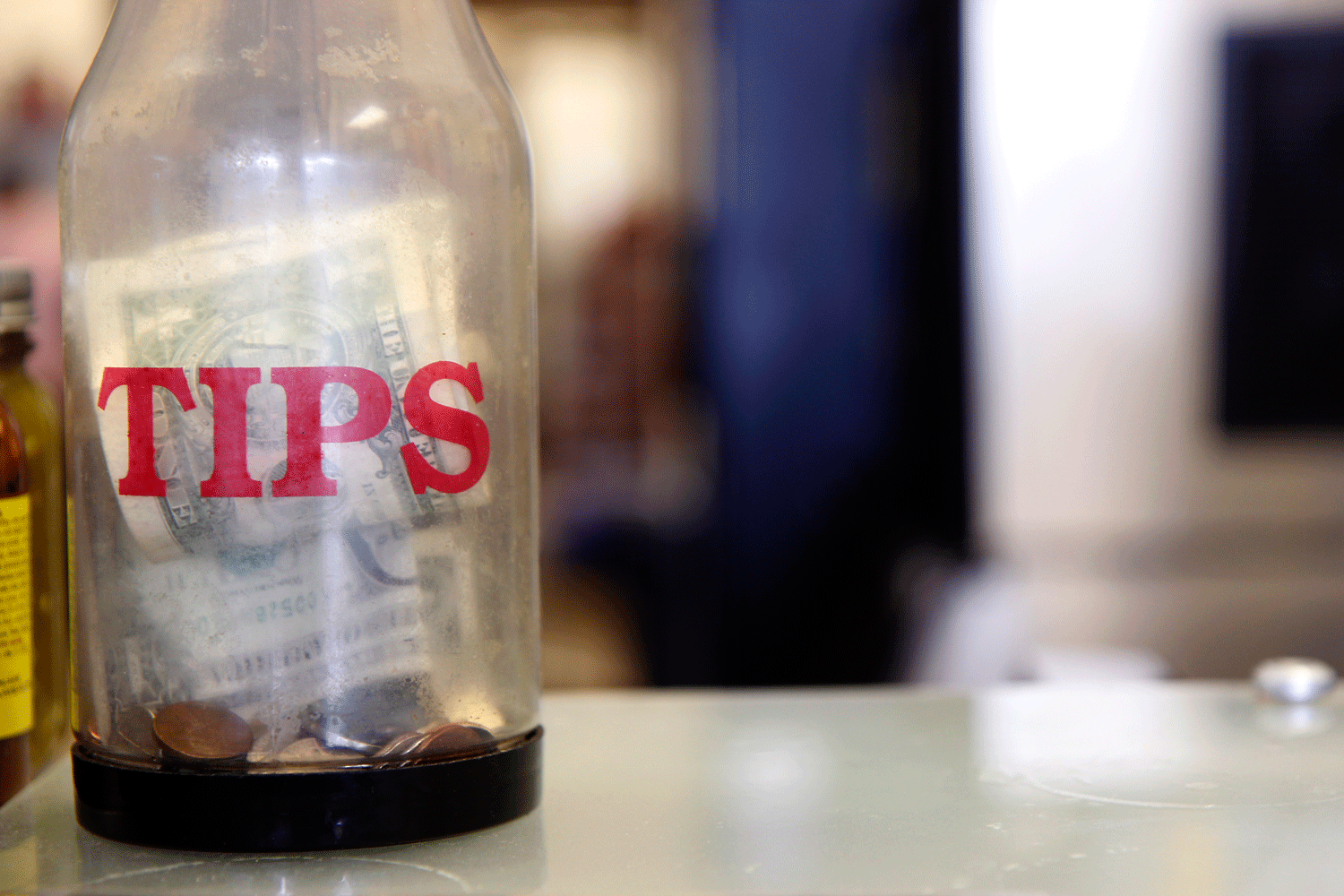Sounds of children splashing in the water come to a halt when junior Kaylin Martinson begins to teach her swimming lesson of the day.
Martinson takes part in the 3.1 million high school students that work today trying to make some extra money, prepare themselves with business skills they can use later in life, and in more dire situations, help provide for their family . During the summer and fall, Martinson spends her Tuesdays, Thursdays, and Saturdays as a swim instructor at the MISD Natatorium since March of 2015. Martinson began lifeguard and swim instructor training before she even started working and still, to this day, continues to train in order to maintain the necessary skills needed for her job.
“Work is work,” Martinson says. “I like teaching people. I already know how to swim, so it’s kind of fun to teach the stuff I already know.”
Students usually have jobs at fast food restaurants or a small, local business. Most teenagers with jobs make minimum wage, but Martinson, unlike most, makes $13 an hour.
“Oh God. I would hate [working in fast food]. I would hate it because it’s just so not the kind of work I would enjoy,” Martinson said. “You don’t get paid a lot. It’s really stressful and you have bad hours.”
Currently, the federal minimum wage sits at $7.25, so with the cost of living continuing to rise each year the salary totals to $15,080 a year. As of the 2012 US Census, minimum wage stands below the national poverty level at $18,284.
On November 10, 2015, one year before the presidential election, fast food workers will be on strike all across America in support of raising the minimum wage to $15. Many will protest for the first time for the Fight For 15 organization, who is devoted to reducing the struggle that millions of Americans have from working for little pay.
“The workers do have a right to strike for working conditions, wages, benefits, but I feel [that] the minimum wage is a beginning salary,” Martinson said. “If workers want to make more money, they should require more training or more education.”
From 1997 to 2006 the Federal minimum wage stayed at $5.15, but after 2009 it gradually increased to today’s amount of $7.25. For years, Congress has attempted multiple times to raise the Federal minimum wage to $10.10 but has yet to be successful at passing the bill for a multitude of reasons. Economics teacher Mr.Craig Rabalais believes a higher wage will increase the amount of competition for existing jobs. He says a better pay means better workers.
“I think the market should set the cost of labor,” Mr. Rabalais said. “I actually think it hinders people from working entry level jobs because you know if you work at a fastfood restaurant and minimum wage is $7.25, well why start someone at $8.00 an hour? They get stuck on a minimum wage for years upon years upon years. It should gradually, naturally increase with the cost of living and inflation.”
Raising the minimum wage can encourage young people to get a job, and more people will not need to rely on government assisted programs such as food stamps. Less spending on governmental programs could allow people to have more money to spend on goods which could help with the always unpredictable economy.
Obviously, with these advantages come with downsides. The jump to $10.10 would make it harder for small businesses to pay their workers leading to less job openings and layoffs. Product prices will increase so companies are able to make a profit and may reduce incentives for people to advance in their company. However, employee Taryn Fuentes from small business Music Place Mansfield Fine Arts Conservatory believes the raise in wage would not affect the company.
“We care a lot about all of our employees so we make sure we pay all of our employees a good wage because we want them to be happy,” Fuentes said. “We want them to be able to support themselves.”
From the U.S. Census, it was noted 75 percent of high school students do not work. Without feeling too much pressure from her parents, senior Deja Morehead focuses more on school and extracurricular activities rather than a job. Morehead believes the worst part of not making her own money would be the struggle of constantly relying on other people. Morehead’s spending money comes from her parents’ wallet or as she would say, the parental trust fund.
“The standard of living needs to reflect minimum wage,” Morehead said. “I feel like it should be raised. I guess I would work harder because I would feel like I would be compensated for the work I actually do.
As of now, Martinson does not plan to work during college. If anything, she would work during the summer possibly as a lifeguard or swim instructor. Martinson believes working during the school year can be hard to balance with academics and sports. With working in high school, Martinson has gained life experience by working with people and, as she says, has prepared her for the future.
“It’s a good job, it really is. The hours are really good, it pays good,” Martinson said. “I really love working with [the] kids because they make me laugh.”







